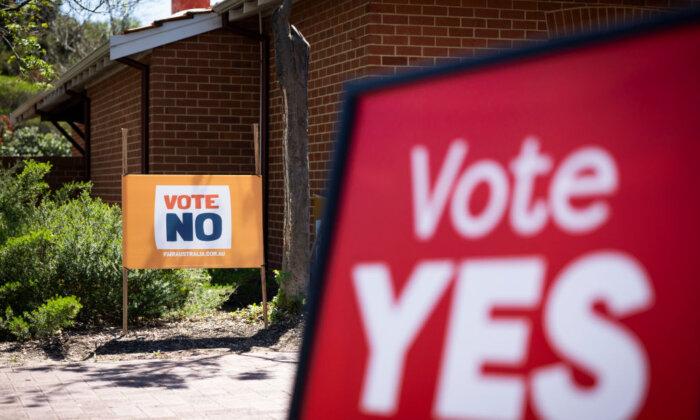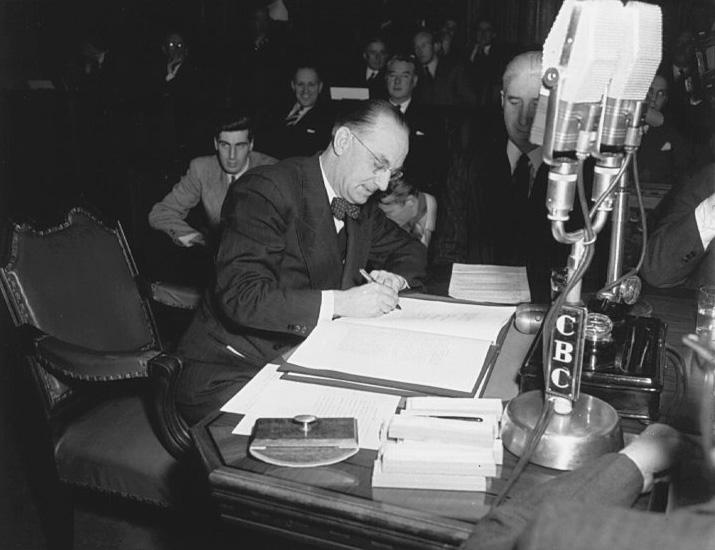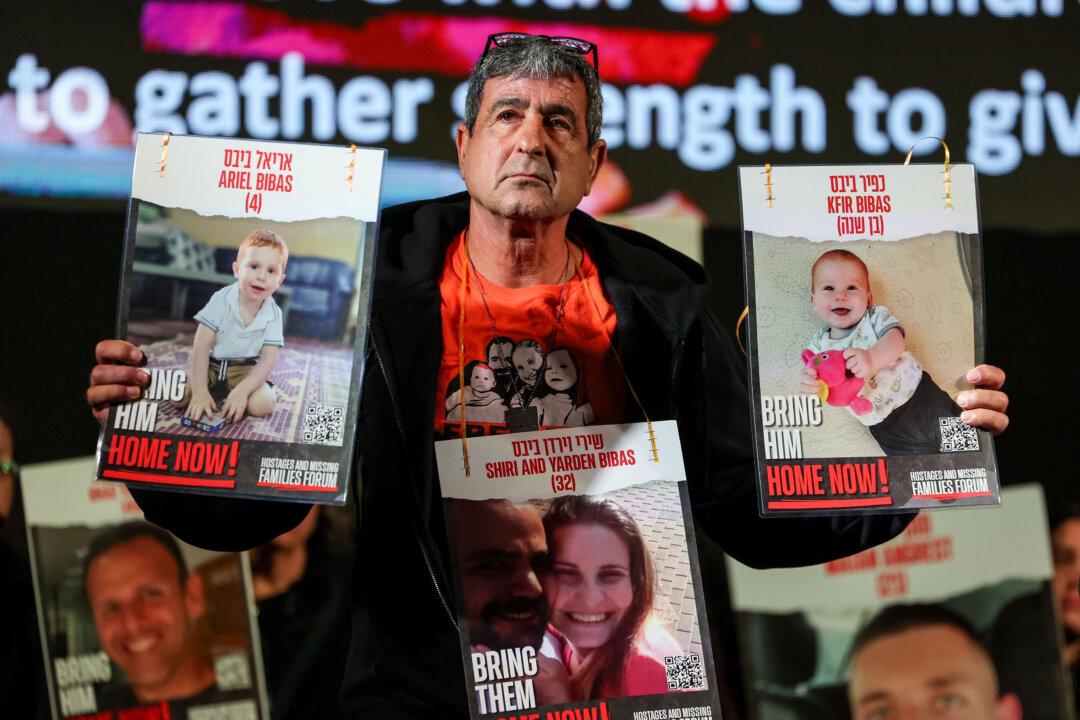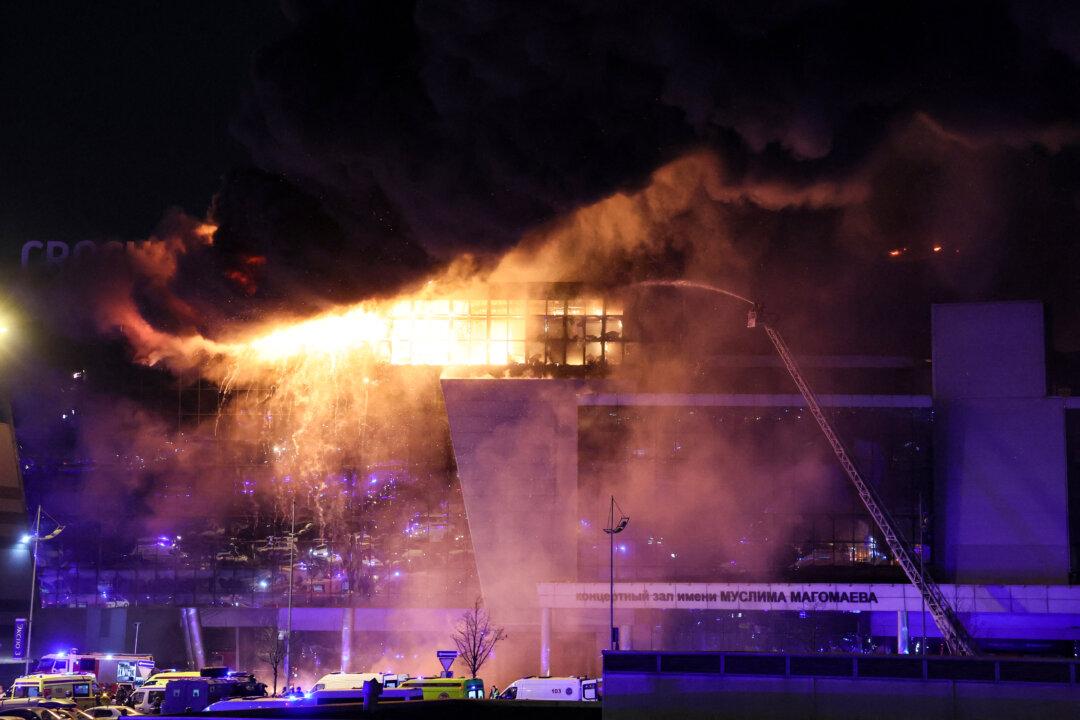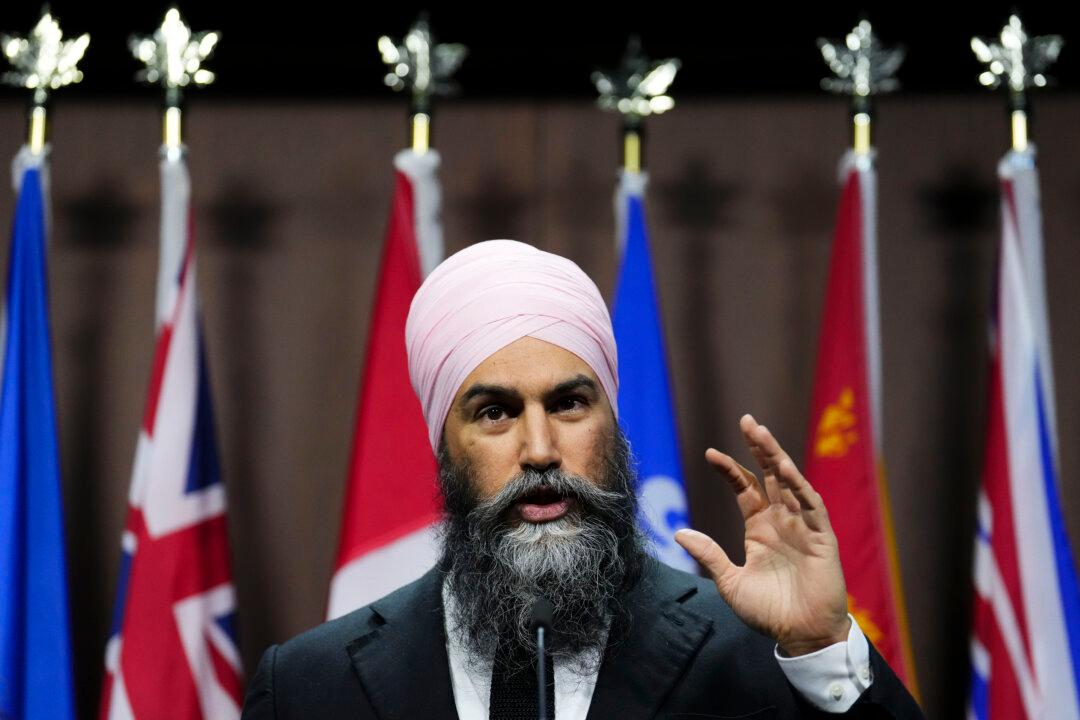Commentary
Canada, United States, Australia, and New Zealand all share one important historical feature: Indigenous peoples were already present when the Europeans arrived. The histories are all similar in that the indigenous populations had to be
accommodated before large-scale settlement could occur.
Peace was achieved after some bloodshed, and the native populations were left with some special rights not accorded to the general population. In each country there has arisen an integrated educated indigenous elite class that demands more special rights, and a large, poor, semi-integrated indigenous underclass.
In United States, Australia, and New Zealand there is increasing pushback from the citizenry against the demand for more special indigenous rights. And now, in New Zealand, there is a demand that those special rights, and the quasi-apartheid systems that inevitably result from the granting of rights based on race, be ended entirely.
In Australia a similar vote has already been held. At the culmination of a fair, well-funded, and comprehensive public consultation campaign, Australians massively voted in favour of the principle of equality for all citizens. The plan to grant special rights based on race was
firmly rejected.
In the United States, Americans have
consistently objected to efforts to grant more special rights to Indians as a group. Individual rights, and a firm rejection of the quasi-apartheid system that exists in Canada for registered Indians.
But in Canada there is no political party or group pushing back against the further extension of indigenous rights, or calling for the outright elimination of indigenous apartheid systems.
Oddly, the integration plan for Canada’s indigenous population that was accepted by virtually everyone—indigenous and non-indigenous—for the first 100 years of Canada’s existence as a nation has somehow undergone a radical transformation in the last few decades. The plan since 1867 was that indigenous people would take their place as equals in the mainstream, as indigenous Canadians. The plan now seems to be the exact opposite—namely, that rural indigenous people will draw further away from the mainstream, and operate as separate “nations.” Instead of rights belonging to the individual, these indigenous “nations” will
emphasize tribal rights.
This radical change in plan has serious consequences for all Canadians. Not only is this process being undertaken at great public expense, it has already resulted in the forfeiture of large chunks of Canadian sovereignty. Future plans of indigenous leaders promise more of the same. “Land Back” is the most extreme of such notions, whereby Canadian territory is “
returned” to people who claim to be the descendants of ancient peoples who once hunted in the area.
And the level of indigenous spending is staggering. Professor Tom Flanagan, University of Calgary professor emeritus, notes that 74.3 percent of Canada’s 2022 deficit consisted of spending on indigenous claims. Simply put, if not for this incredibly high indigenous spending, Canada could
vastly improve services for all.
But the single most astounding thing is that this radical, and crushingly expensive “nation to nation” change in plan has occurred with virtually no input from the Canadian citizenry. Canada is being fundamentally changed, and not only has no Canadian been asked to vote on such a change, but no political party has ever campaigned on the issue. Judges and politicians are transforming the country without the consent of its citizens.
So, questions should be asked: Should Canada now have a debate about these important issues, as New Zealand and Australia are doing? Should Canadians be consulted about measures, like the United Nations Declaration on the Rights of Indigenous Peoples, that further extend special indigenous rights? Should Canadians be asked the same question that New Zealanders will be asked to answer if a referendum is held, namely: “Is it time to end, once and for all, a quasi-apartheid system that grants special citizenship rights to only indigenous people, even if this entails reopening the constitution to do so?” And should Canadians be asked a similar question that Australians have massively answered with a very definite “No”—namely, “Do you want your country to give extra political rights to groups based on race? Should Canada end the Indian Act and reserve system?”
I suggest that the answer is “Yes, we should have a national discussion, followed by a referendum.” The fact is that Canada has had its Indian Act and reserve system since 1876, and despite spending a staggering amount of money on special indigenous concerns, the majority of indigenous people
still do far worse than the mainstream population on every socio-economic and health indicator. Simply put, the very expensive status quo is not working.
Canada is not an outlier in this regard. In the United States, Australia, and New Zealand the results of granting special indigenous rights, and the spending of massive amounts of money on special indigenous programs, have been exactly the same—the large indigenous underclass remains mired in poverty and intractable social problems.
However, the results of these quasi-apartheid systems have also created the same privileged indigenous elites in each country—elites that all benefit financially from the special rights and extra spending. This phenomenon largely explains why in every one of the four nations those elites actively oppose the questioning of special racial rights, while demanding more separateness and special privileges. Those elites also largely control the narrative. They resist changes to the status quo.
That is why the Australian and New Zealand referendums are so significant. They are a recognition that the subject is too important to be left to these privileged elites—elites that are essentially holding the rest of the country hostage.
Ontario lawyer Peter Best makes a detailed case for equal rights for everyone in his comprehensive book, “
There Is No Difference.” He argues, convincingly, that only by gradually eliminating all legal differences between indigenous people and ordinary Canadians can this country achieve its potential.
Approximately 1 percent of Canada’s total population
live on reserves. But only perhaps 1 percent of that 1 percent make up the indigenous elite that profit from the status quo. Is that small group entitled to have Canada completely remade to suit them? And is that remaking of Canada what Canadians want?
It is time to follow Australia and New Zealand’s lead, and put these questions to all Canadians.
Views expressed in this article are opinions of the author and do not necessarily reflect the views of The Epoch Times.
